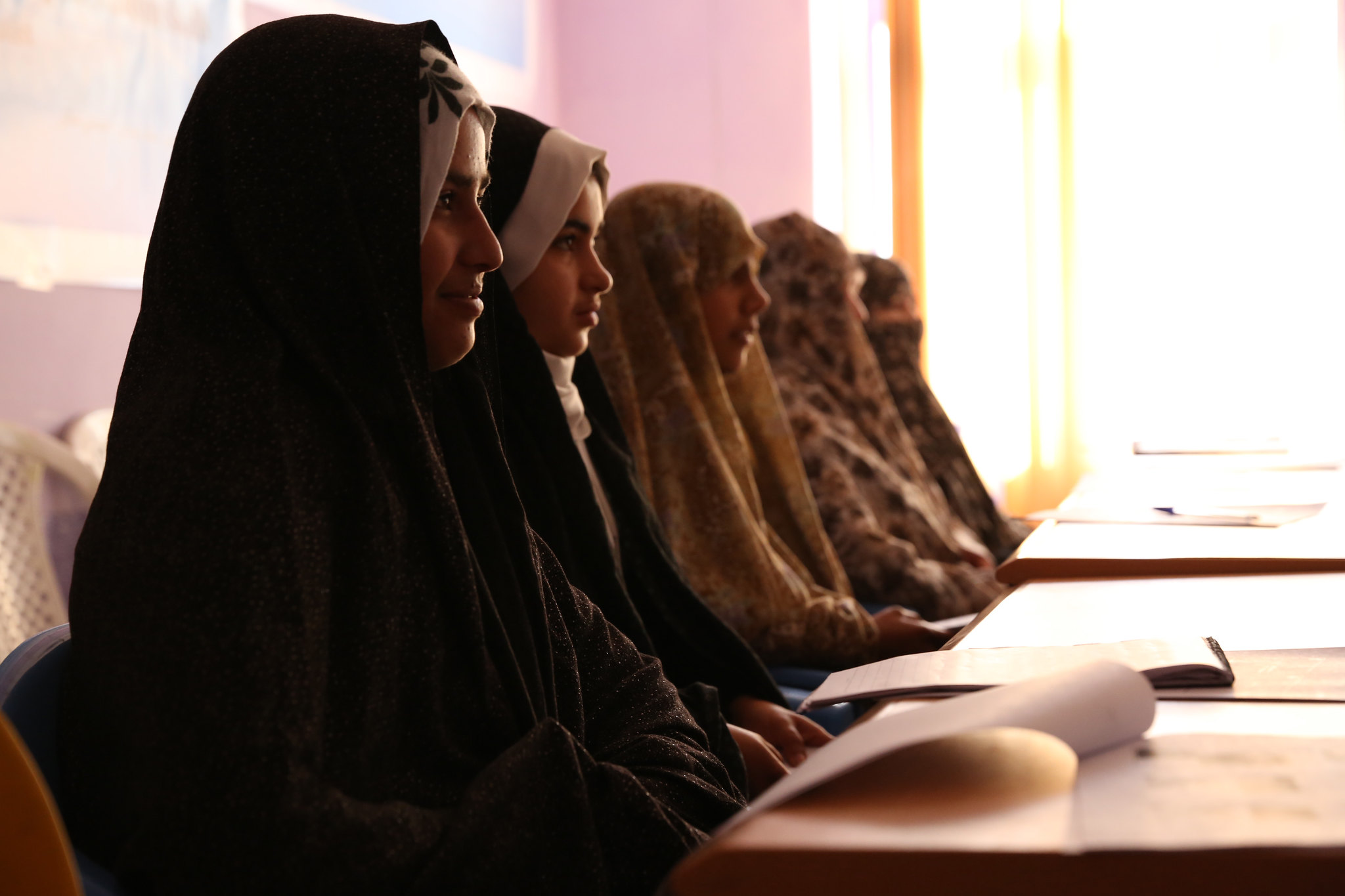In deeply patriarchal and repressive societies like Afghanistan women have always been subjected to gender-based discrimination and violence. This was the case before the Taliban came to power but it has become much worse since – and women, who were already underrepresented in the media industry, are suffering immeasurably.
The dwindling community of female journalists has reached a concerning level. Soon after the Taliban’s coup they started a crackdown on all journalists. There were raids on the houses of journalists, arrests, detentions, intimidation and harassment.
In addition to direct threats, the Taliban started to systematically harass women in the media to make it difficult for them to work. The Taliban introduced strict dress codes, including making the veil mandatory. The ban on long-distance travel of women without a male guardian has made field work for women impossible. Women have also been banned from appearing on TV shows. The Taliban effectively want us to completely disappear from the media landscape.
Due to these barbaric laws many women have lost their jobs and many have fled the country. Those women who were the sole earners in the family are now living in destitution.
The outflux of women with essential skills has created a brain drain in Afghanistan. Years of progress with regards to media development, women empowerment and capacity building of women in media has been undone by the Taliban in merely two years. All the women journalists who toiled for years and built up their skills – despite the difficulties – are now either confined to the home or in exile in miserable situations. Unfortunately some have lost their lives in attempts to seek shelter. A female senior Pashto journalist, Torpekai Amarkhel, drowned with her family in a boat sailing them to Italy just a few weeks ago.
Amarkhel’s asylum case for Australia was in process. But due to the long, arduous, slow and chaotic process of filling and requesting asylum or refugee status in developed countries, journalists in distress are opting for perilous and illegal means of immigration. It’s a response coming from extreme desperation and frustration. Western countries must try to understand this and must make the visa process easy, fast and efficient.
Within Afghanistan, people’s desperation is being exploited for financial gain. Acquiring essential travel documents is being aggravated by long delays, tough requirements and chaotic procedures, which has meant the opening of illegal channels to mint more money from helpless people running for their lives. For example the average fees for a passport right now is at least $3000 and fees for a Pakistani visa is $1200. This makes the legal evacuation from Afghanistan for those journalists at risk almost impossible, forcing them to opt for illegal channels. For those taking this route the outcomes can be awful. In many instances people are arrested and detained in neighbouring countries.
In exile the Afghan journalists are unable to continue their journalistic work due to a myriad of issues, such as lack of opportunities in the countries of temporary residence, language barriers, legal barriers and discrimination against Afghans. The result? Women journalists in exile are either forced to stay at home or they are forced to do menial work to simply make end meets. They’re out of work, gaps in their career growing. Some are now quitting the industry and switching careers.
The situation is stifling for male journalists too. The heart-wrenching stories of Afghan journalists are sadly countless. A journalist who worked alongside me in a media outlet recently posted on Twitter and other social media platforms about selling one of his kidneys to get some money to support himself and his family in exile in Pakistan. Another journalist from Afghanistan trashed all his academic and professional documents out of frustration at his joblessness and inability to get any humanitarian support. And another journalist, a senior one with a strong track record in the industry, has become a cobbler working in the streets.
In order to save the community of journalists in general, and women journalists in particular, the world must act. Western countries must open their doors so that we can access work, education and free speech and expression which we have been denied in our own country. But everyone can help protect Afghan journalists and create opportunities for them within Afghanistan and in exile. Engage with Afghan journalists through fellowships, scholarships, workshops, training and other opportunities to save the media from dying. And finally pressurise the Taliban to reverse their barbaric decisions that have created a gender-based apartheid and is pushing generations of Afghans back to the stone age.





